This week’s Recruit PKB: Recruiting Process article from the series “Parent Role in the College Recruiting Process” will cover a parent’s role at junior golf tournaments. I cover parent behavior quite often throughout my seminars and articles because I know the influence it can have on a young girl’s golf career. I also know the influence it can have on a college coach’s decision to recruit a player. One of the first experiences a coach will have when recruiting a player is the interaction that they see between a parent and child at a junior golf tournament. Below are a few tips on ways to insure your role at a tournament is a positive one for both your daughter and a college coach.
- Don’t hover when they are warming up: Try not to hover over your daughter while she is warming up to play. It is ok to watch her hit balls and to be there to assist her if she needs it but don’t over do it. It’s a red flag to a coach if a parent dictates everything their daughter does during their warm up. Let her have space to warm up and get ready on her own.
- Help them with snacks and any extra gear but allow them to take care of their own stuff: As a player gets older and more mature, allow them to take care of their own stuff as much as possible. Carry their umbrella, snacks or extra gear but make sure you teach them some responsible for keeping up with what they will need on the course. In college, a coach will help them in a similar way but they are going to expect the player to take care of the necessities on their own.
- Limit any conversation on the course: Try to limit the conversation with your daughter on the course. From a rules standpoint this eliminates any question about giving advice, but also from a college coach standpoint this keeps them from questioning that as well. An encouraging comment or a positive pat on the back is always welcomed!
- Never show emotions on bad shots – players see everything: This is always a tough one for parents. I know it’s extremely difficult to watch your daughter struggle and make mistakes on the golf course that you say to yourself “what was she thinking”. But do your best to not show your emotions. You may not think they do, but your reactions will greatly influence your daughters experience on the course. As a player (well former player), I can attest that player’s see everything their parents do while they are playing and take it to mean much more than you may realize. I guarantee that she isn’t purposely trying to make those mistakes and wants to play her best, so just always keep that in mind when you catch yourself getting upset or reacting to a poor decision or bad shot. The last thing a parent should do is make the situation more difficult on a player.
- Encourage the players to eat every 3-4 holes: I know that you can’t force your daughter to eat and many times she will refuse to take the food simply because you are the one trying to encourage her to eat. I get that and I try my best to remind the players of the importance of good nutrition on the golf course so that it comes from someone besides their parents. I personally never had an issue with needing to eat on the golf course (or off the golf course for that matter) but it seems to be a difficult task to get many players to do. Just do what you can to encourage them to eat every few holes. If they won’t take the food then don’t force it.
- Always be positive: No matter what happens, at the end of the day, you must keep a positive attitude. Check out this article about the 6 words every young athlete wants the hear from their parents. Always remember that it is just a game and your daughter is doing her best to perform and improve.
“I watch parent behavior at tournaments and pay special attention to how involved they are at a visit. A parent that reacts negatively to how their son/daughter is playing and the parent that does all the talking during an interview is not helping their child’s chances of being successful in my eyes.” – Division 1 Women’s Coach
“Their relationship is very important. If a parent is doing all the coaching, hovers all the time, that is a huge red flag to the coach.” – Division 1 Men’s Coach


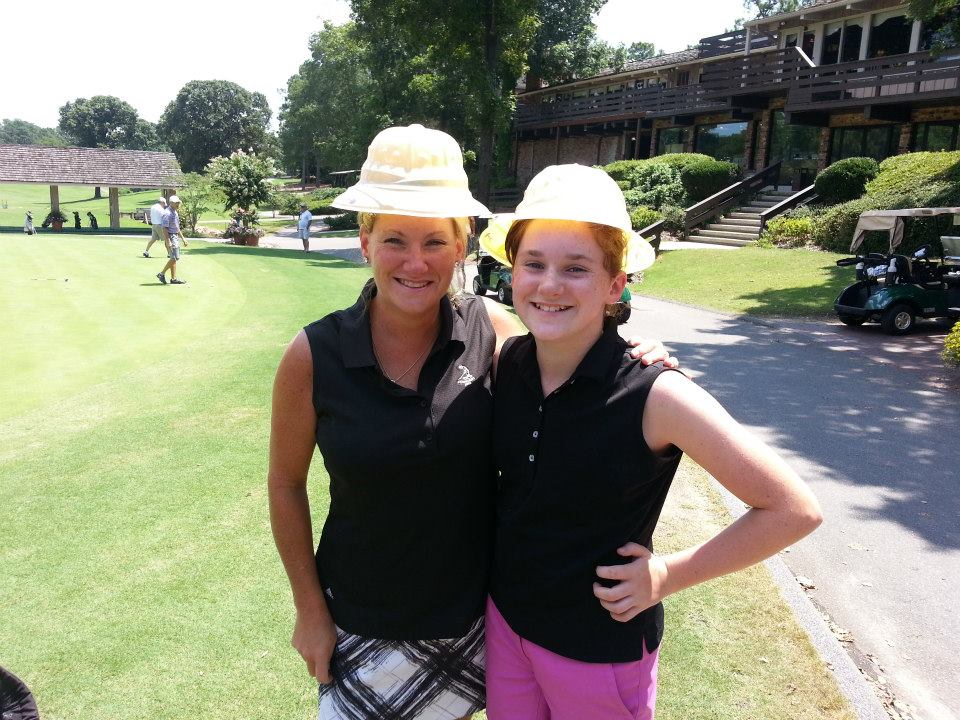
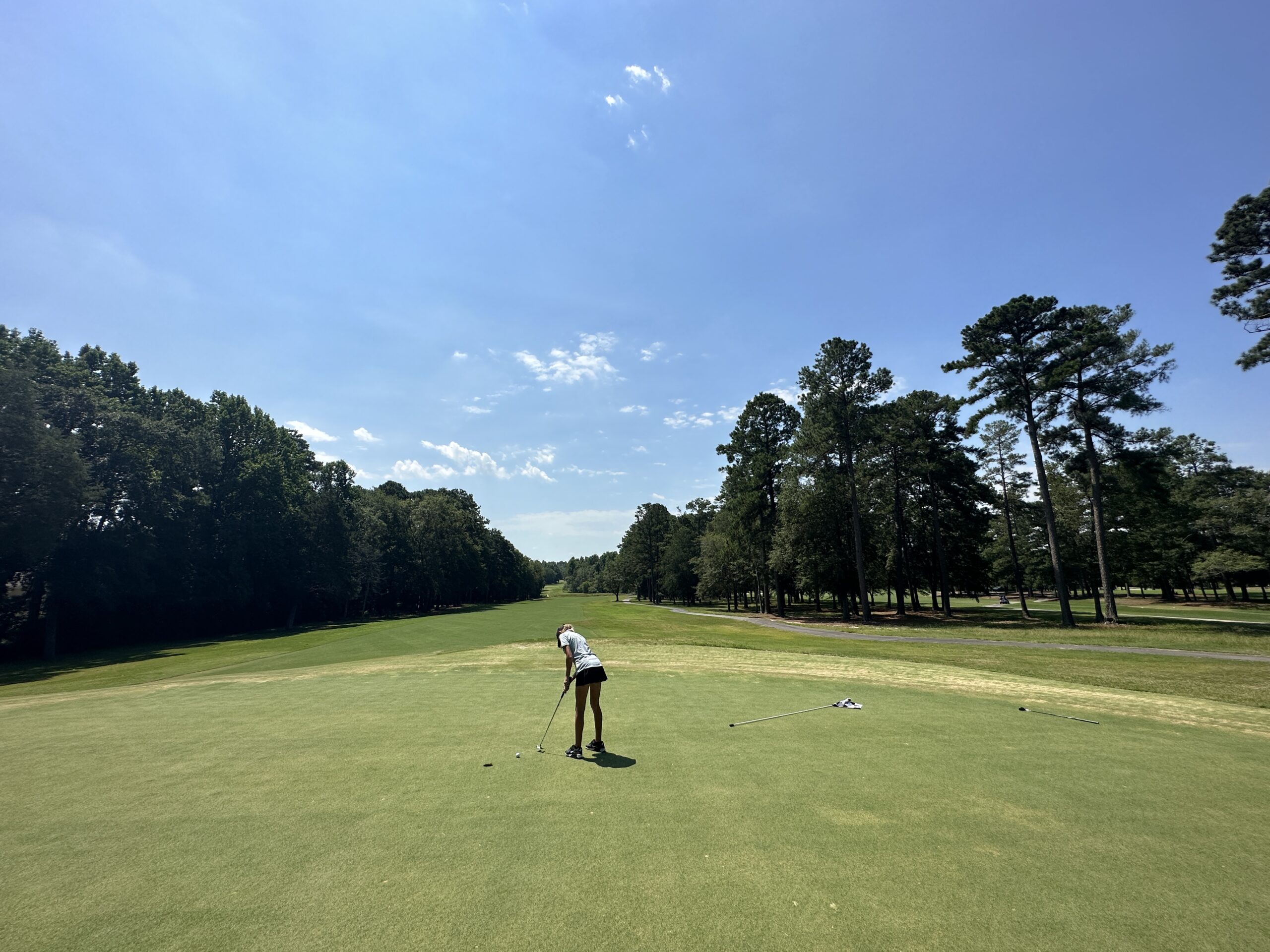
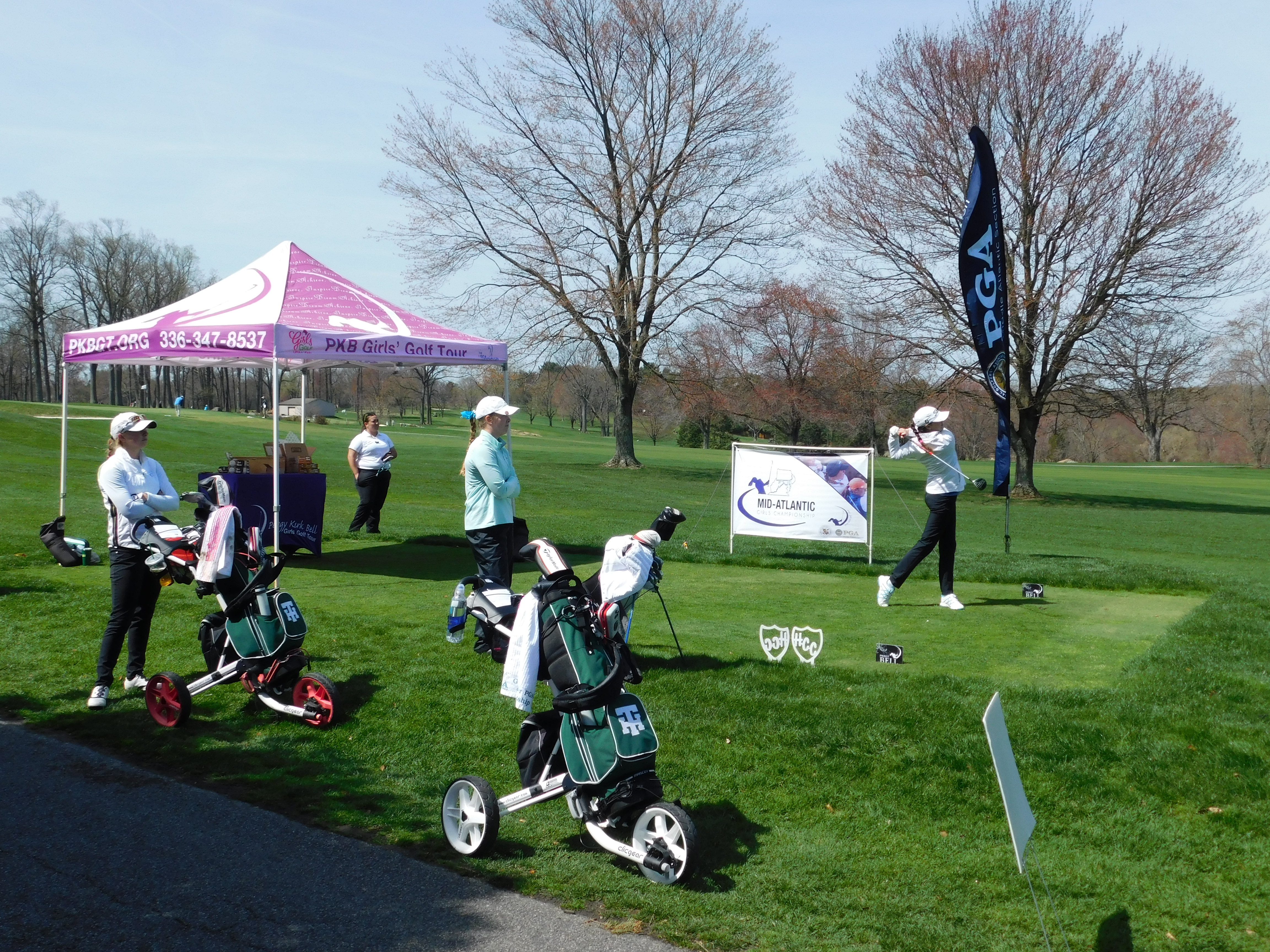
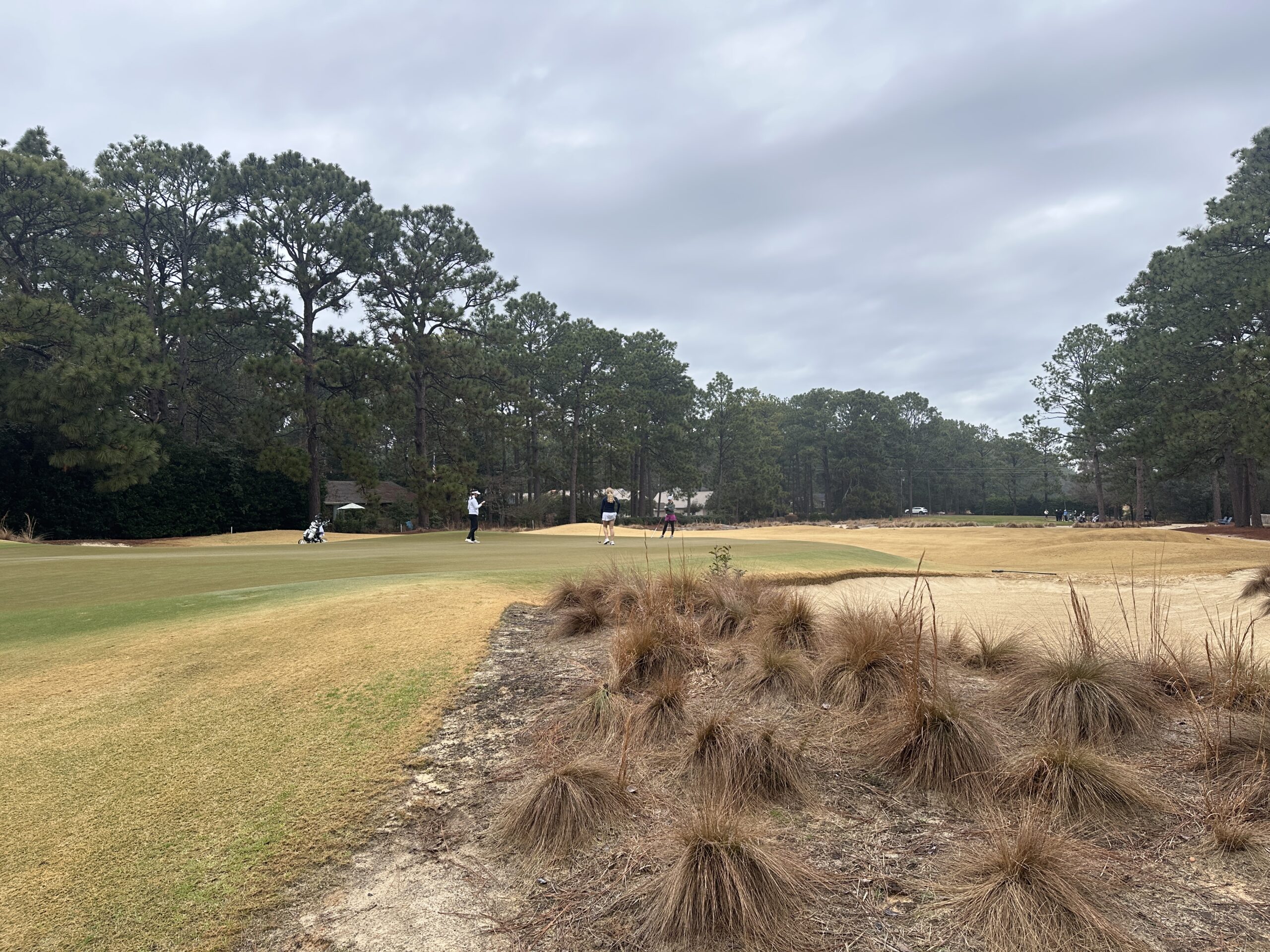
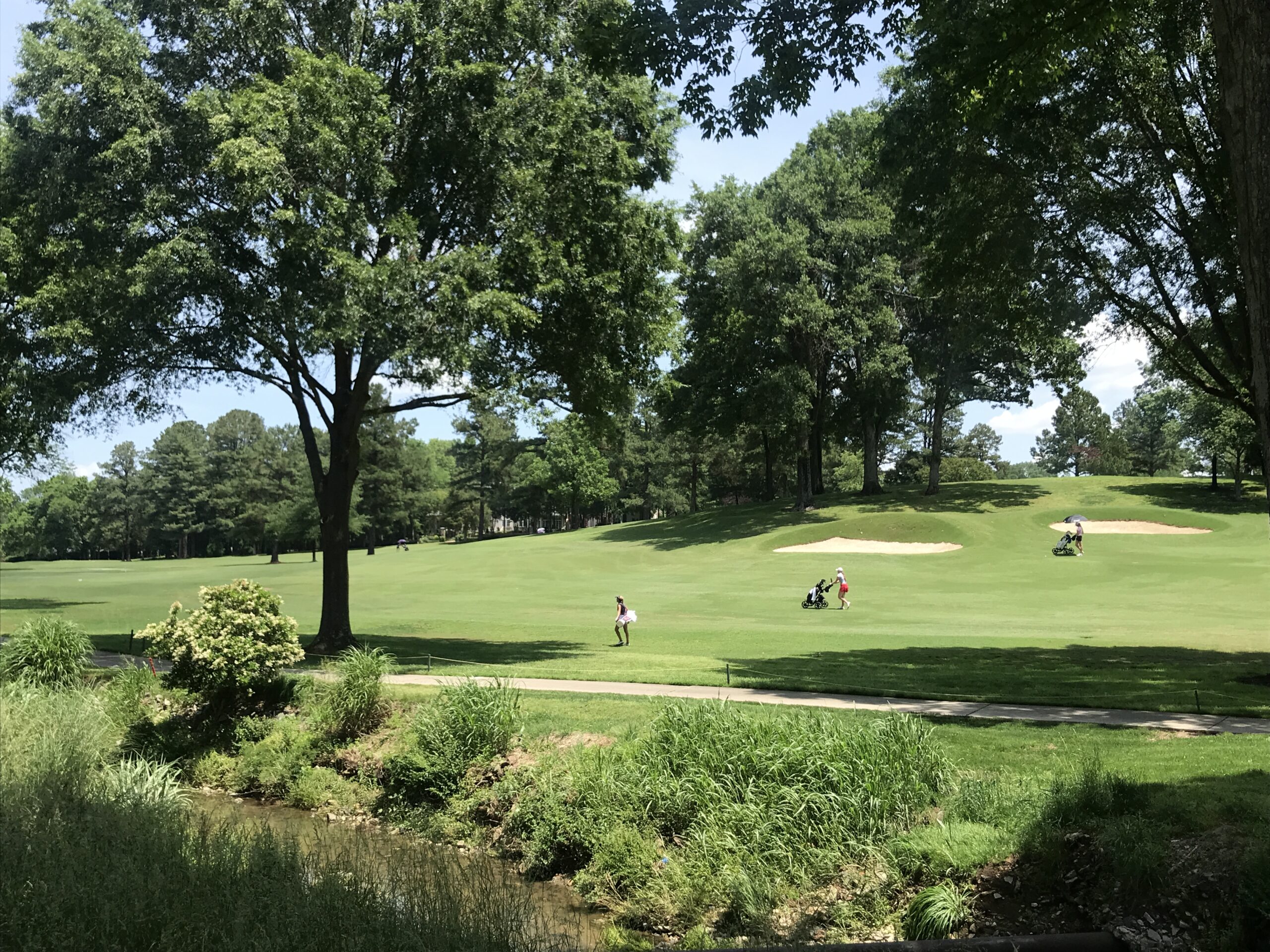
Leave A Comment